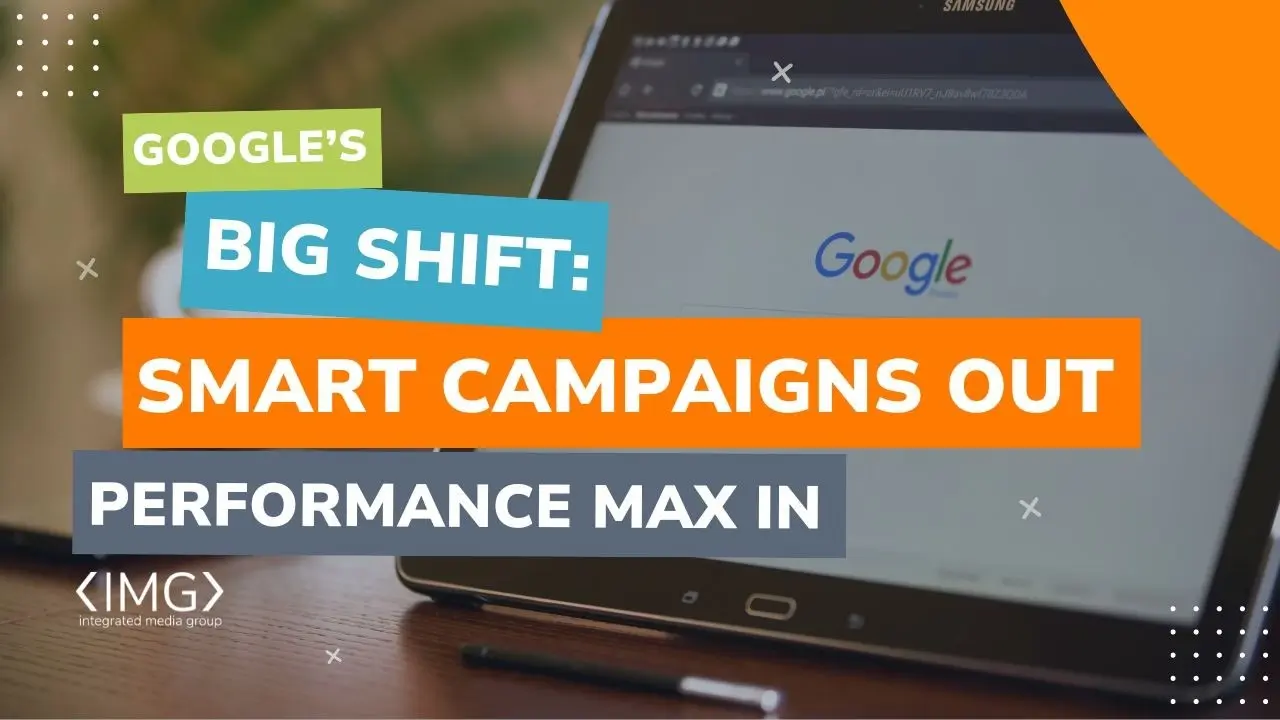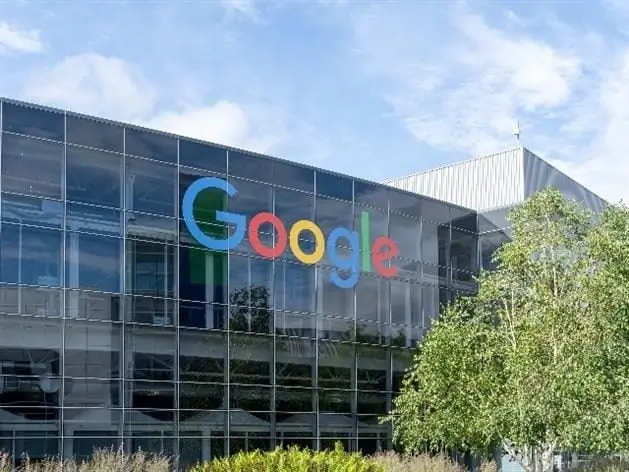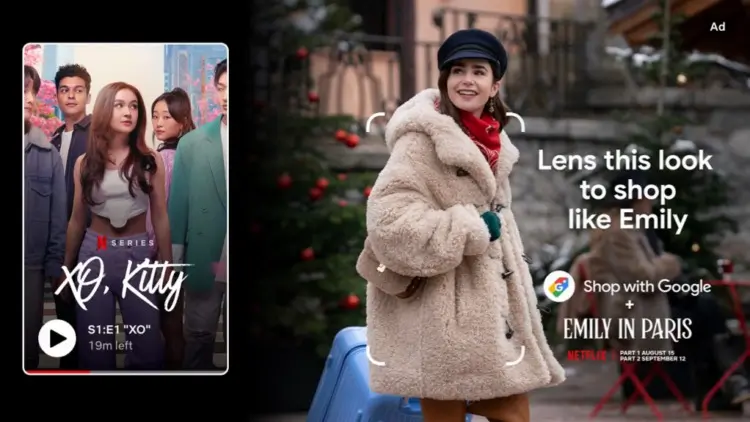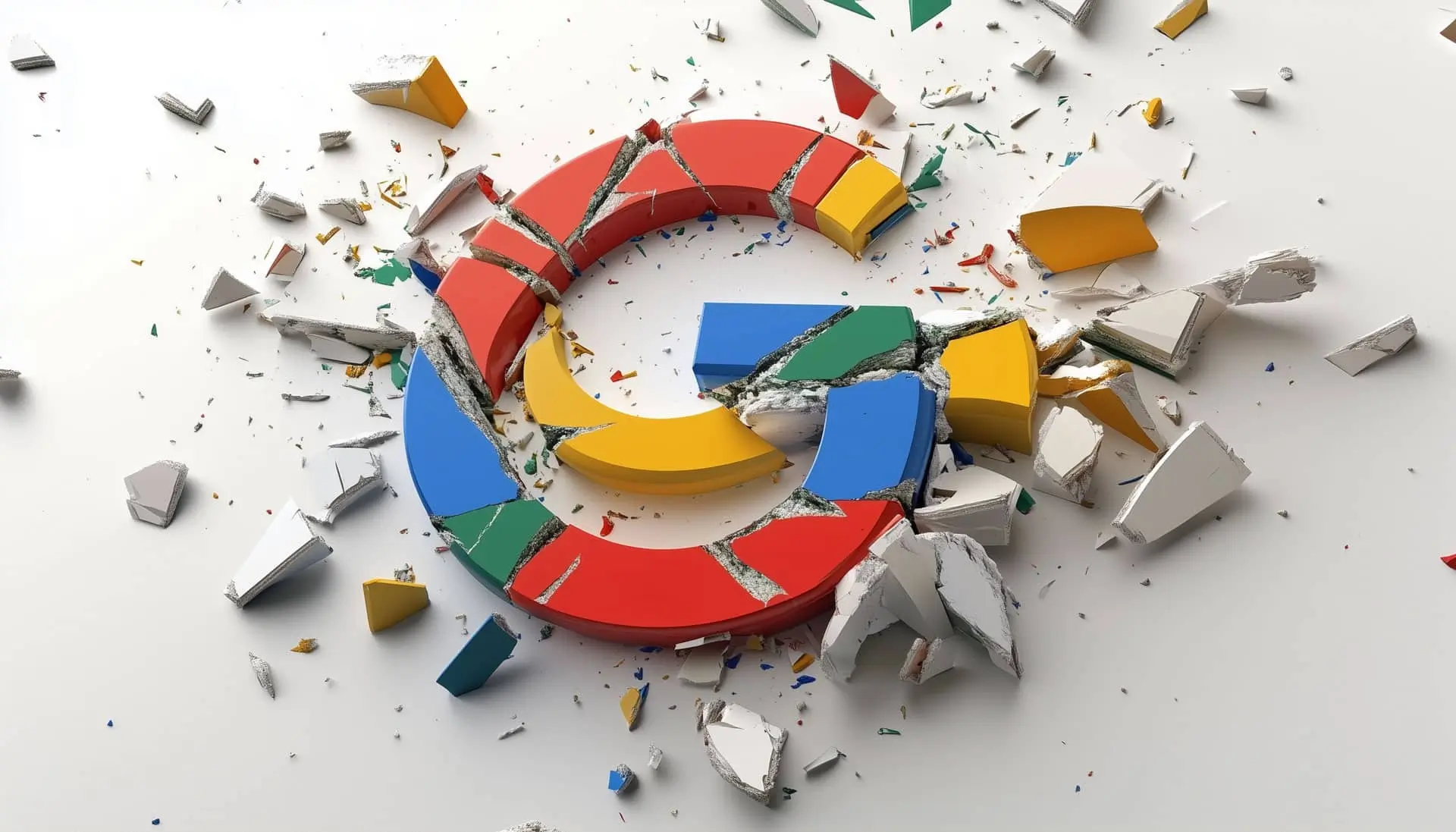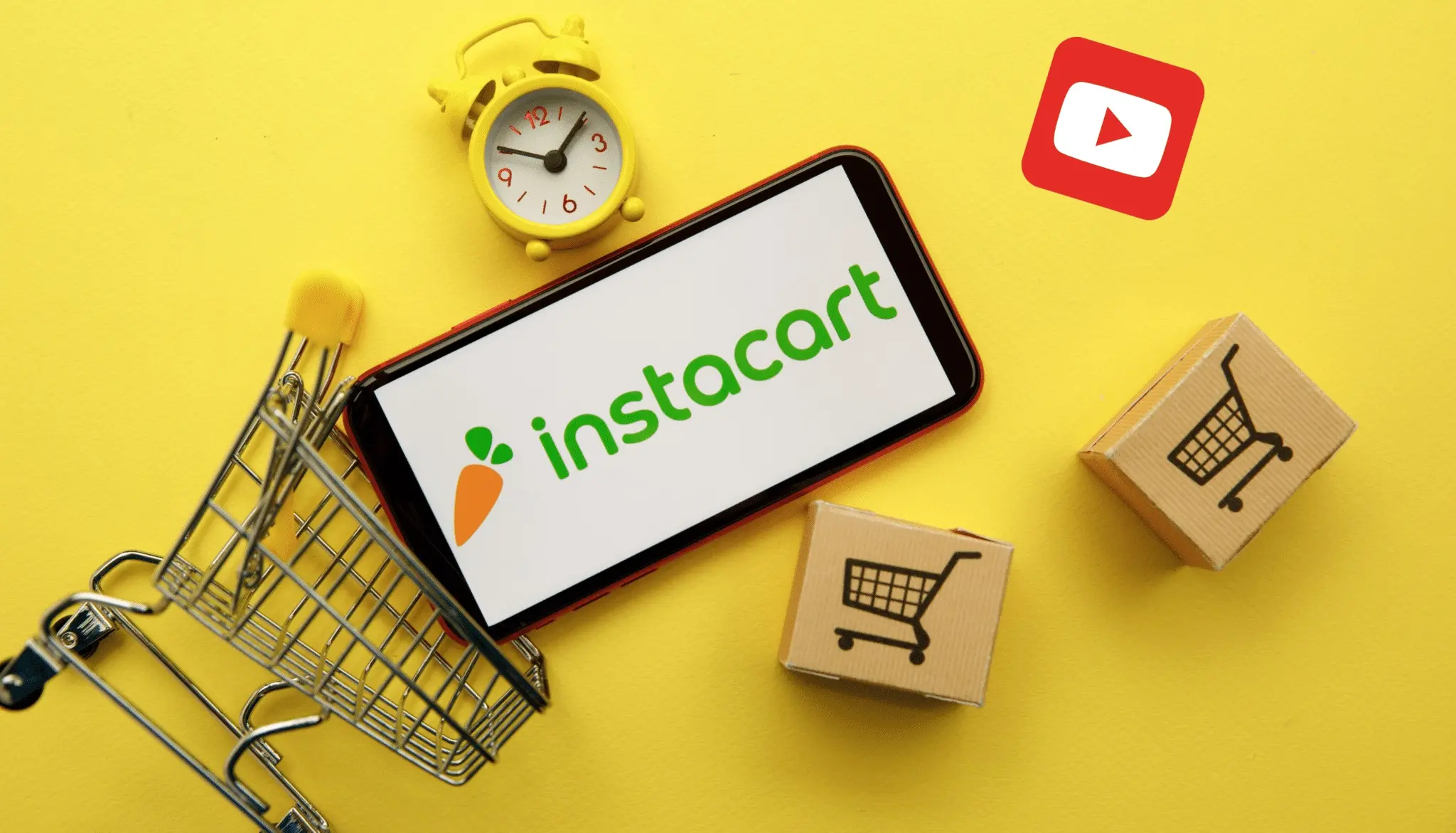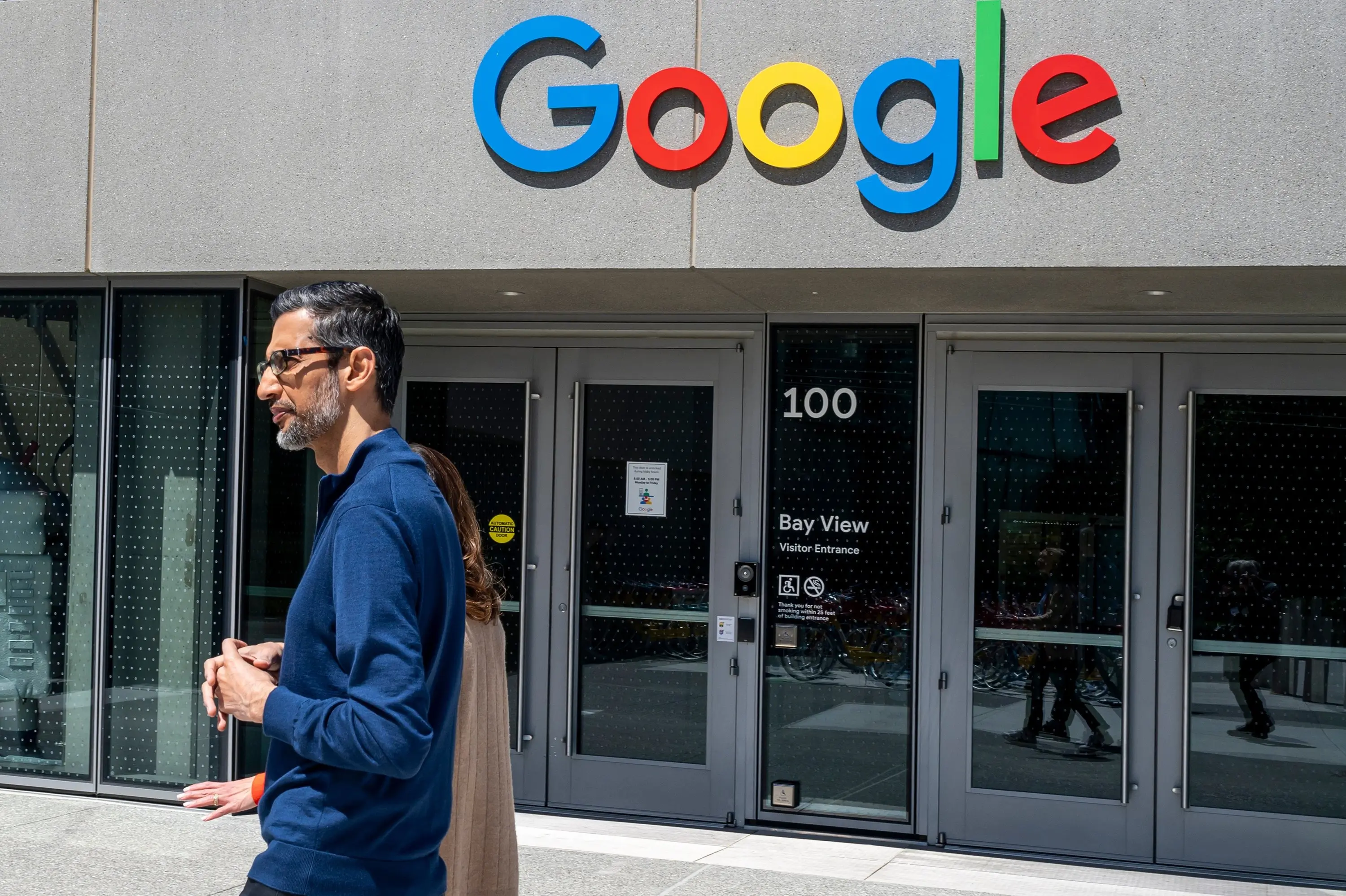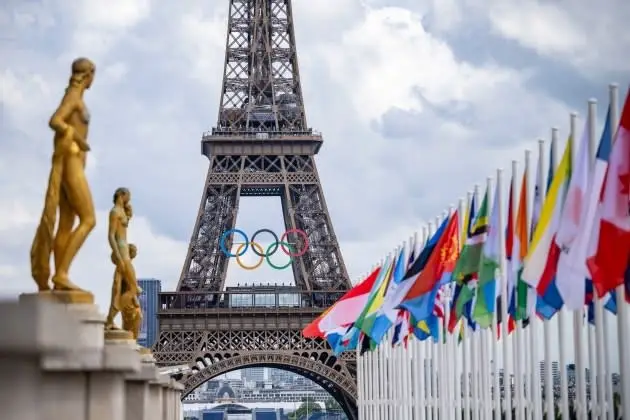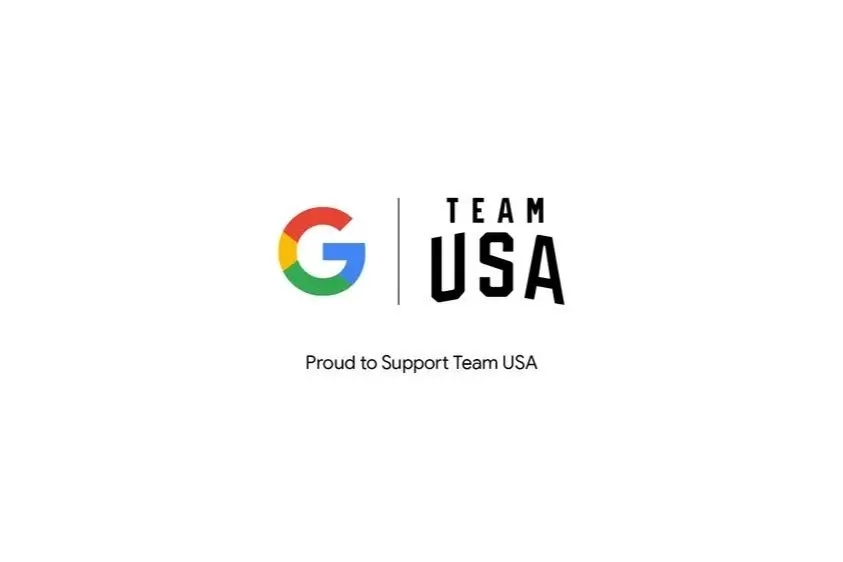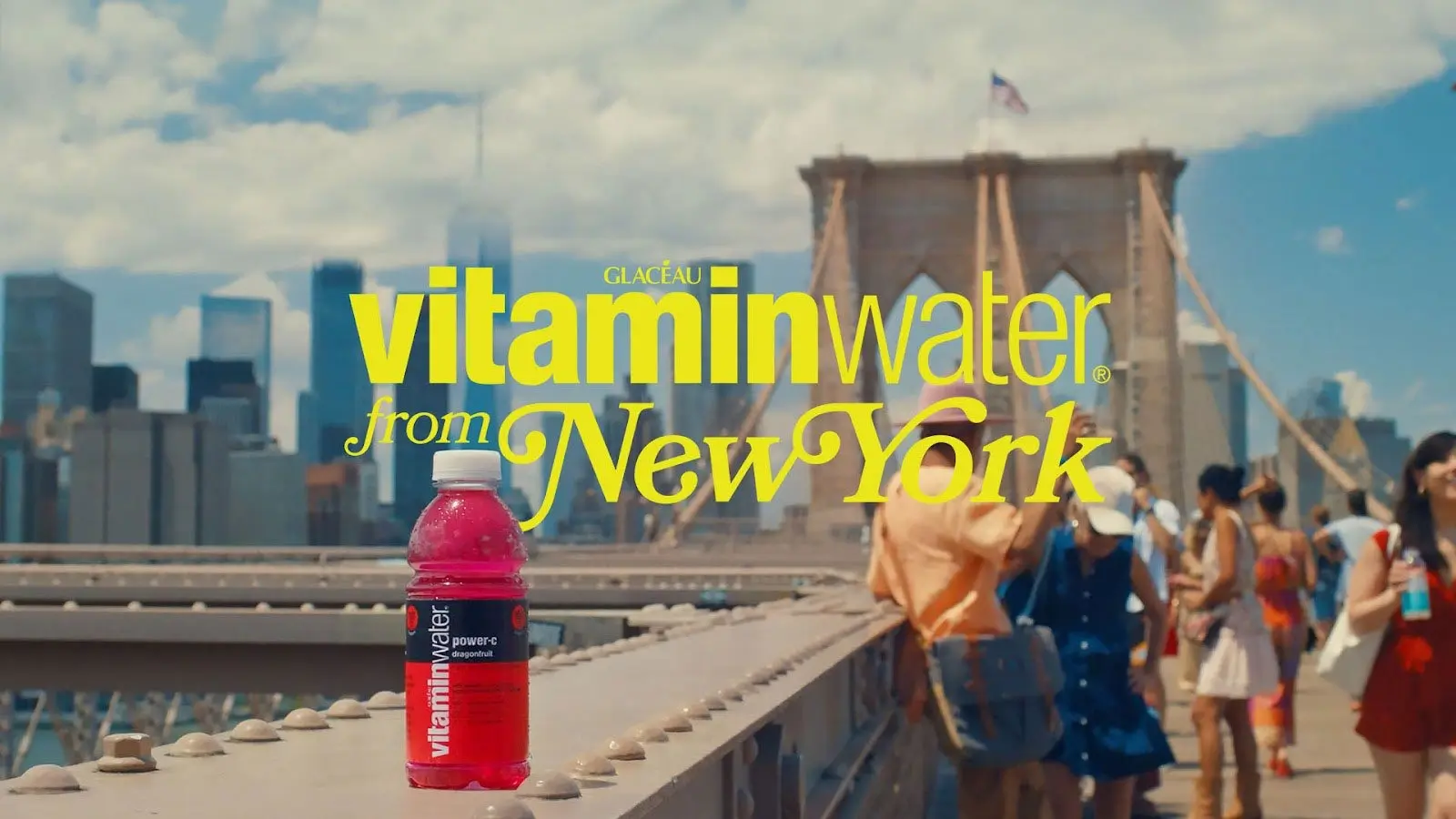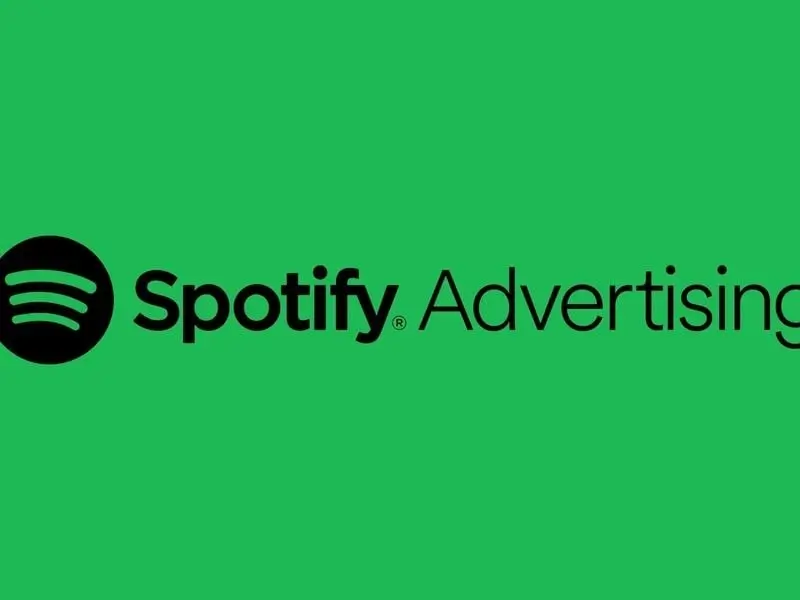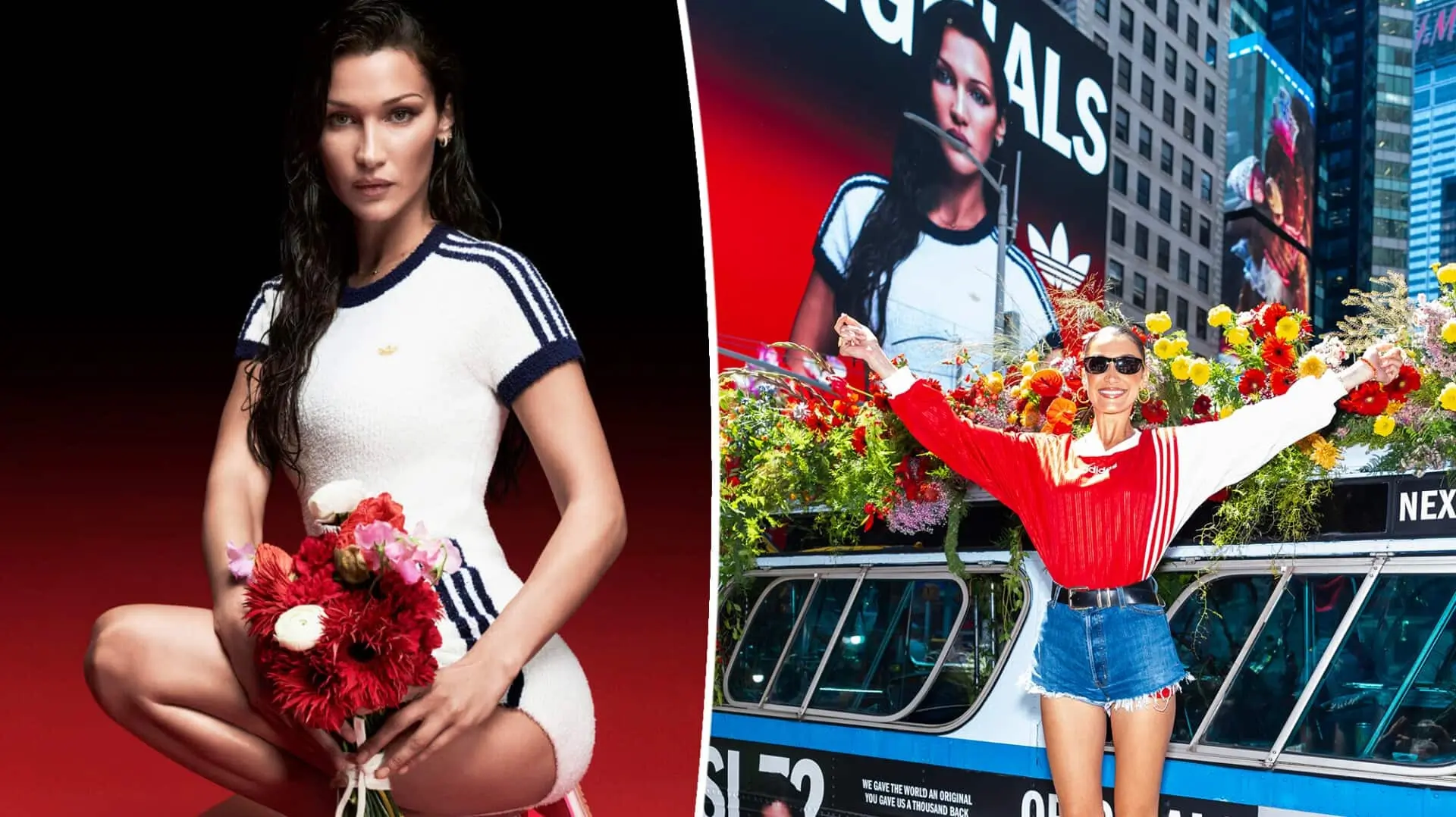According to global CMO Manolo Arroyo, around 90% of Coca-Cola’s AI experiments are concentrated on enhancing topline growth and effectiveness.
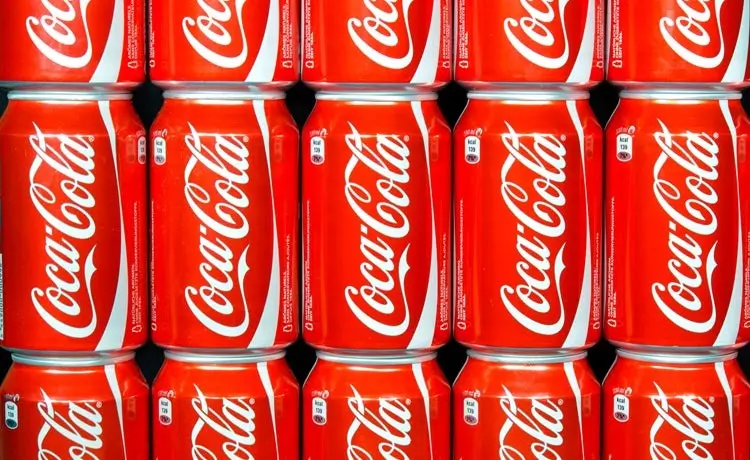
AI is poised to revolutionize the marketing industry, according to Coca-Cola’s global CMO Manolo Arroyo, who views this technology as a key driver of growth rather than just efficiency.
During his presentation today (17 June) at the Cannes Lions Festival for Creativity, Arroyo shared that 90% of the company’s AI initiatives are aimed at enhancing topline growth and effectiveness.
“We are far from perfect, but we see immense potential ahead and I am certain that [AI] will entirely transform the marketing profession as we currently know it,” he stated.
Back in 2019, 90% of Coca-Cola’s media spending was on traditional channels. However, by early 2023, the company began collaborating with OpenAI. A small team was tasked with quickly diving in to explore potential applications, encouraged to experiment and “fail very fast.”
Arroyo emphasized his strong belief in this new technology, noting that improving skills in martech and next-generation AI is his primary learning goal for the year.
Marketers often “lose sight” of their ability to innovate, according to Coca-Cola’s global CMO Manolo Arroyo. He encourages his team to innovate in every aspect that interacts with the brand, seeking fresh perspectives from young talent unburdened by past conventions.
Arroyo highlighted the launch of the ‘Real Magic’ brand platform in 2021, an idea conceived internally by a group of young creatives known as The Mavericks. This team, after several rounds with different agencies, decided to pursue a unique approach.
Joining Arroyo on the panel was Mondelez’s senior vice-president of global brands, Mie-Leng Wong. She discussed how her company is beginning to experiment with AI, noting the success of Cadbury India. Using Generative AI, Cadbury created over 300,000 personalized ads for corner shop owners across the country, featuring Bollywood star Shah Rukh Khan.
“It was massively successful. What we’ve learned is that Generative AI is going to democratize creativity,” Wong explained.
Reflecting on the role of creativity, Arroyo emphasized that it stems from leadership and must be driven from the top.
“At Coke, we experienced one of the most notable failures in history with New Coke, which impacted our culture for a while. However, our current CEO, James Quincey, completely reset expectations when he joined the company,” Arroyo said.
For Arroyo, fostering innovation means embracing diverse viewpoints and actively including people with opposing perspectives in discussions, even if it feels uncomfortable.
Fellow panellist, Canva CMO Zach Kitschke, shared his creative journey, reflecting on his time at the graphic design platform, which has grown to 5,000 employees since he joined as the fifth employee. Kitschke became CMO five years ago, tasked with building the Canva brand to reach a global audience.
He recounted initial discussions with several brand agencies, where he received a proposal costing hundreds of thousands of dollars.
“They proposed a process involving interviews, workshops, and a two-month period of working in isolation before presenting our brand,” Kitschke recalls.
“This approach made us uneasy. Canva’s culture is highly collaborative, a key factor in our success. After much deliberation, we decided to try it ourselves.”
By sitting down with the founders and wider teams and thoroughly contemplating the company’s future, they were able to define the Canva brand.
Enterprise leaders
As the team has grown from five to 5,000, Kitschke reflected on the importance of engaging with every new hire in the marketing division. He described these interactions as a crucial time when newcomers have “a foot in both camps.”
“This is a moment when you’re not fully immersed in our operations yet, providing a unique perspective. It’s invaluable to get that feedback and those ideas about what has worked elsewhere,” Kitschke explained.
As part of the Canva University program, every new starter attends a design school that teaches the core aspects of visual communication. They are also required to prepare a presentation to introduce themselves to the wider team a few weeks in, which can involve speaking in front of several hundred people.
Regarding skills, Kitschke emphasized the value of hiring individuals who are adaptable and eager to learn, likening this to hiring jazz musicians—people who possess a core skillset and the ability to improvise and evolve.
